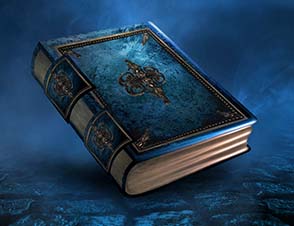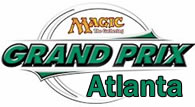When Goblins Attack!: A PTQ Winner’s Report
I’ve come to the conclusion that Goblins are terrible. They must be! Almost everyone I talk to plays a deck that crushes the Little Red Men. A deck that goes no worse than 70/30 against the marauding mono-coloured menace.
In a field in which Goblins are rightly feared, it seems everyone is gunning for them. Everyone has that special build, that ultra tech… Which ensures that a quick red rush has no chance of succeeding. Right?


 I recently received this e-mail from
I recently received this e-mail from